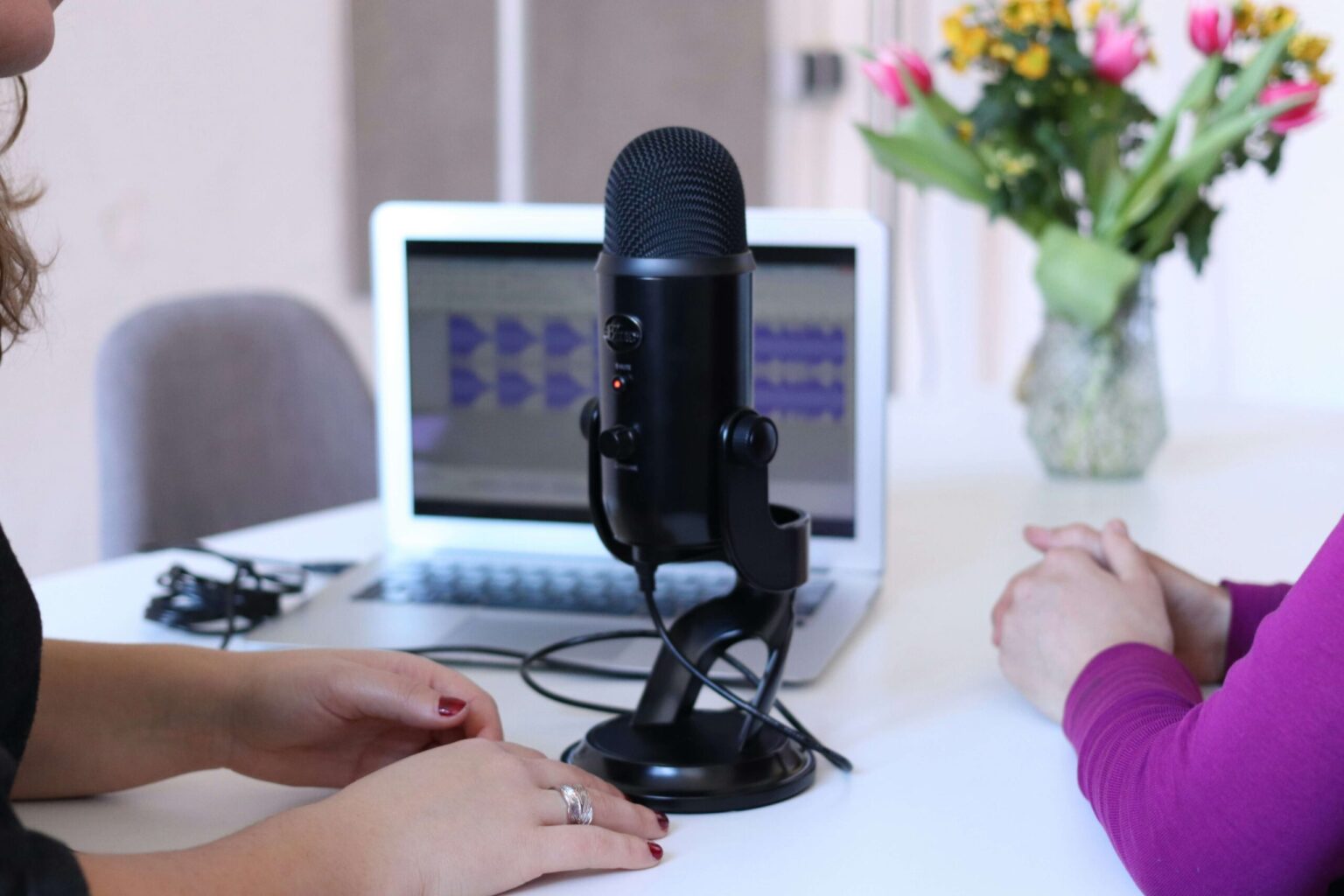Artificial intelligence technology is being used for just about anything and everything these days, from powering self-driving cars to writing books and creating music.
So much so, in fact, that it’s almost difficult to consider what else AI could be used to do that we haven’t already started experimenting with.
Well, here’s something you may not have expected – podcasts.
Now, podcasts already feel like a relatively recent phenomenon. Sure, they’ve been around for a little while, but it’s only fairly recently that they’ve become popular.
Whether it’s hard news, true crime or just comedians talking rubbish, podcasts have become mainstream and there’s a massive market for them now among a variety of different groups of listeners.
What Is an AI Podcast?
If the idea of an AI-generated podcast seems a bit odd to you, that’s okay – it’s the technology it uses isn’t the norm just yet.
Podcasts normally involve one or more people in conversation with each other, talking about a specific topic and bouncing off each other in a discursive style. Of course, there are other podcasts that take more of a monologue type of approach, with a single host in charge either speaking from a pre-prepared script or something else.
So, how would AI be able to recreate something like this?
The first thing to know is that AI is fully capable of generating spoken content. Not only can it generate written content – we’re all familiar with OpenAI’s ChatGPT – but there are now some advanced versions that can not only create the words but also speak them out loud.
Google and OpenAI both have their own versions of “voice AI”, so to speak. The technology started off as more of a text-to-voice feature and now, more advanced versions powered by AI allow it to create a full-on spoken conversation, of sorts.
NotebookLM: Google’s New “AI Research Assistant”
While a few versions of AI-generated voice features have popped up here and there, it’s NotebookLM that’s really started the conversation about AI podcasts. NotebookLM is Google’s self-proclaimed “AI research assistant”.
But, it’s not just about voice AI and podcasts – the tool can actually be used for a variety of different tasks, from getting advice on improving creative projects to helping you work on academic pieces.
Podcasts are just one of many features it offers, but let me tell you, it’s pretty cool, and there’s good reason why it’s being talked about.
Creating Podcasts with NotebookLM
At the moment, it seems like NotebookLM is the only platform that’s gotten as far as it has in terms of being able to actually generate podcast-style content, but it’s more than likely that competitors will be doing the same thing at some point in the future – it’s just a matter of time.
For now, though, it’s NotebookLM, and what makes its podcast feature and capability even cooler is that it’s so easy to use. All you have to do is feed it some information and instruction, and you’ll be absolutely gobsmacked by what you get in return.
Many people have conducted their own experiments to see how well it works, and after having seen a few of these, it’s fair to say that it’s pretty impressive. And, one of the most incredible aspects of this, in my opinion, is how AI is able to add an element of so-called “humanity” to what it creates.
Of course, something that makes podcasts what they are is the human aspect of people discussing a topic (if more than one person is hosting) and adding personal opinions. On a more practical level, it’s not just reading a script – it’s talking back and forth, interrupting each other, reacting to statements, asking questions and so much more.
And, the incredible thing is that NotebookLM’s podcast feature is somehow able to do these things in a way that is (almost) completely convincing. It truly sounds like people talking to each other informally, having a conversation and speaking reactively.
The AI software that Google uses to do this is able to generate this content incredibly quickly, in a similar way that ChatGPT, for instance, will spit out answers to you as you ask it things.
But, as is true for many forms of AI and AI-generated content, it’s almost something you have to experience for yourself. So, think something up, find some content to feed the programme and ask NotebookLM to create an episode of a podcast for you. I don’t think you’ll be disappointed.



